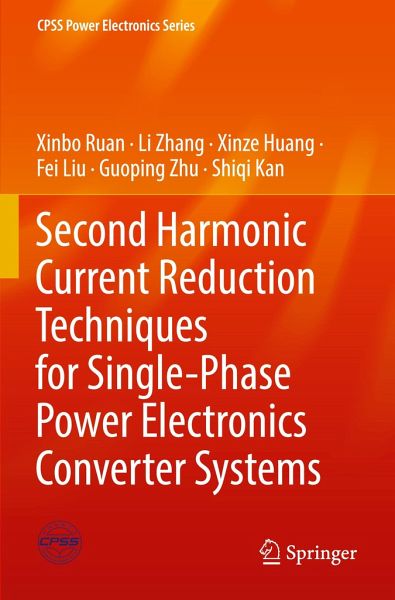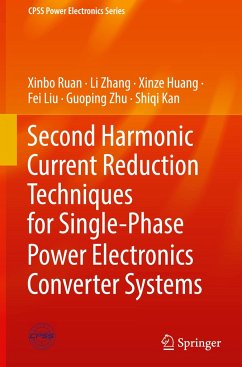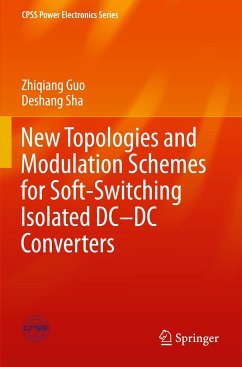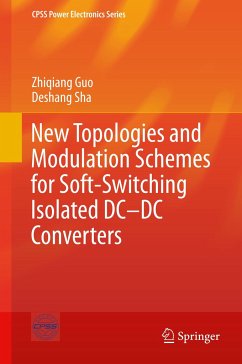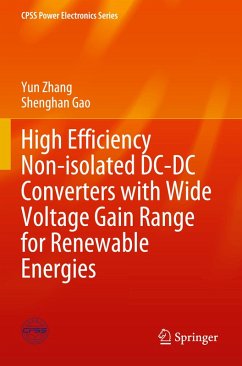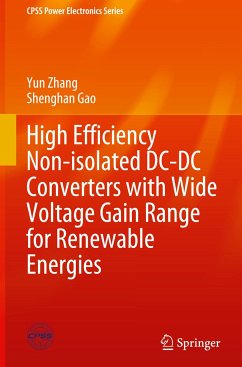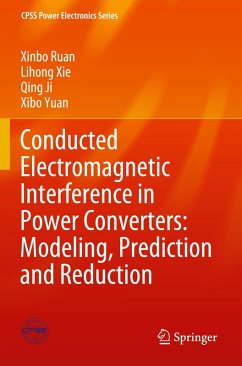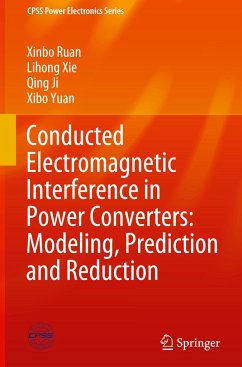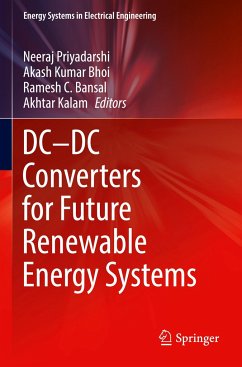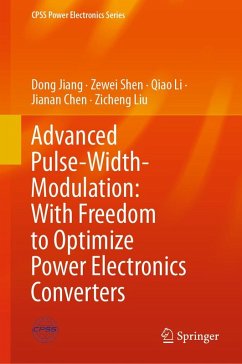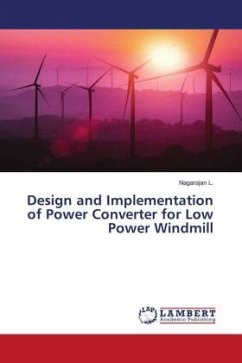Xinbo Ruan (IEEE Fellow) received the B.S. and Ph.D. degrees in electrical engineering from Nanjing University of Aeronautics and Astronautics (NUAA), Nanjing, China, in 1991 and 1996, respectively. In 1996, he joined the Faculty of Electrical Engineering Teaching and Research Division, NUAA, where he became a Professor in the College of Automation Engineering in 2002 and has been engaged in teaching and research in the field of power electronics. From August to October 2007, he was a Research Fellow in the Department of Electronic and Information Engineering, Hong Kong Polytechnic University, Hong Kong, China. From March 2008 to Sep. 2011, he was also with the School of Electrical and Electronic Engineering, Huazhong University of Science and Technology, China. He is the author or co-author of 11 books and more than 300 technical papers published in journals and conferences. His main research interests include soft-switching dc-dc converters, soft-switching inverters,power factor correction converters, modeling the converters, power electronics system integration and renewable energy generation system. Prof. Ruan was a recipient of the Delta Scholarship by the Delta Environment and Education Fund in 2003 and was a recipient of the Special Appointed Professor of the Chang Jiang Scholars Program by the Ministry of Education, China, in 2007. From 2005 to 2013, and since 2017 again, he serves as a Vice President of the China Power Supply Society (CPSS). From 2014 to 2016, he served as a Vice Chair of the Technical Committee on Renewable Energy Systems within the IEEE Industrial Electronics Society. Currently, he serves as an Editor for IEEE Journal of Emerging and Selected Topics on Power Electronics and an Associate Editor for IEEE Transactions on Industrial Electronics, IEEE Transactions on Power Electronics, IEEE Open Journal of Industrial Electronics Society, and IEEE Transactions on Circuits and Systems - II: Express Briefs. He was the General Chair of the IPEMC-ECCE Asia 2020 and the General Secretary of the IPEMC-ECCE Asia 2009, a Technical Program Committee Chair of the IEEE 7th Annual Energy Conversion Congress and Exposition (ECCE2015), and a Tutorial Committee Chair of the IEEE 12th Annual Energy Conversion Congress and Exposition (ECCE2020). He is an IEEE Fellow. Li Zhang (IEEE Senior Member) received the B.S. and Ph. D. degrees in electrical engineering from Nanjing University of Aeronautics and Astronautics (NUAA), Nanjing, China, in 2011 and 2017, respectively. From Aug. 2017 to Jun. 2019, he was a Research Associate with the Center for Ultra-wide-area Resilient Electric Energy Transmission Networks (CURENT), University of Tennessee, Knoxville, TN, USA. Since Jul. 2019, he has been Research Fellow with Energy Research Institute, Nanyang Technological University, Singapore. He has authored or co-authored more than 40 technical papers in top journals and conference proceedings. His research interests include dc-dc conversion, single-phase power conversion, SiC and GaN power conversion, and renewable energy generation systems. Dr. Zhang was a recipient of the Distinguished Reviewer for the IEEE Transactions on Industrial Electronics in 2019 and 2020, the Outstanding Reviewer for the IEEE Transactions on Power Electronics in 2020, and a Best Paper Award from IPEMC 2020. He has been serving as a Topic Chair for the IEEE Energy Conversion Congress and Exposition (ECCE) since 2019. He is currently an Associate Editor for the IEEE Transactions on Industrial Electronics and IEEE Open Journal of Power Electronics. Xinze Huang (IEEE Member) received the B.S. and Ph. D. degrees in electrical engineering and automation from Nanjing University of Aeronautics and Astronautics (NUAA), Nanjing, China, in 2014 and 2021, respectively. He is currently an engineer in Nanjing R&D Center, Lianyungang JARI Electronics Company Ltd., Nanjing, China. He has authored or co-authored around 10 technical papers in top journals and conference proceedings His current research interests include modular high-power density converters. Fei Liu (IEEE Student Member) received the B.S. and M.S. degrees in electrical engineering from Nanjing University of Aeronautics and Astronautics (NUAA), Nanjing, China, in 2015, and 2018, respectively, where she is currently working toward the Ph.D. degree in electrical engineering. She has authored or co-authored 8 technical papers in top journals and conference proceedings. Her current research interests include resonant converters, cascaded power systems and renewable energy generation systems. Guoping Zhu received the B.S. and M.S. degrees in electrical and electronics engineering from Huazhong University of Science and Technology, Wuhan, Hubei Province, China, in 2010, and 2013, respectively. Since 2015, he has been working at United-Imaging Healthcare Corporation, and his major work is devoted to high power resonant converters. Shiqi Kan received the B.S. degrees in electrical engineering and automation from Yangzhou University, Yangzhou, China, in 2012, where he is currently working toward the Ph.D. degree in electrical engineering. His current research interests include renewable energy generation systems and dc-dc conversion.
